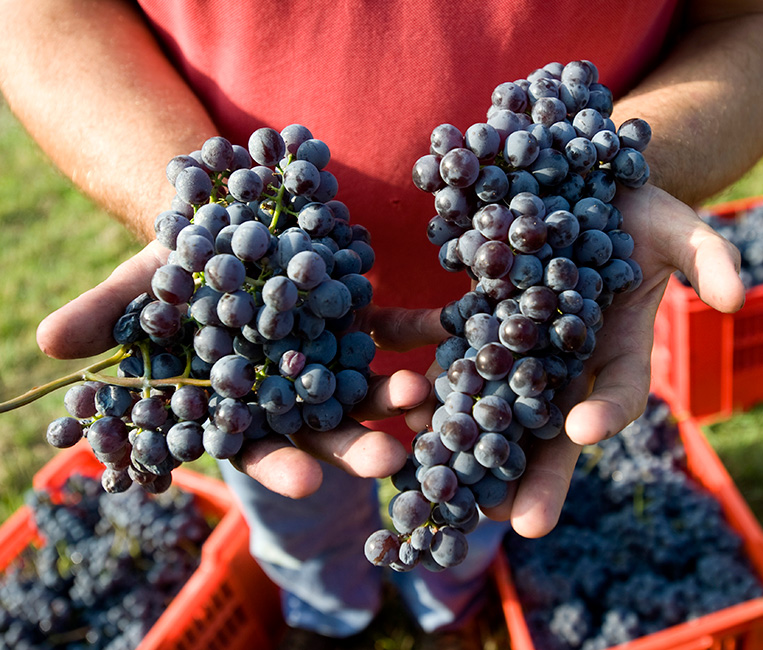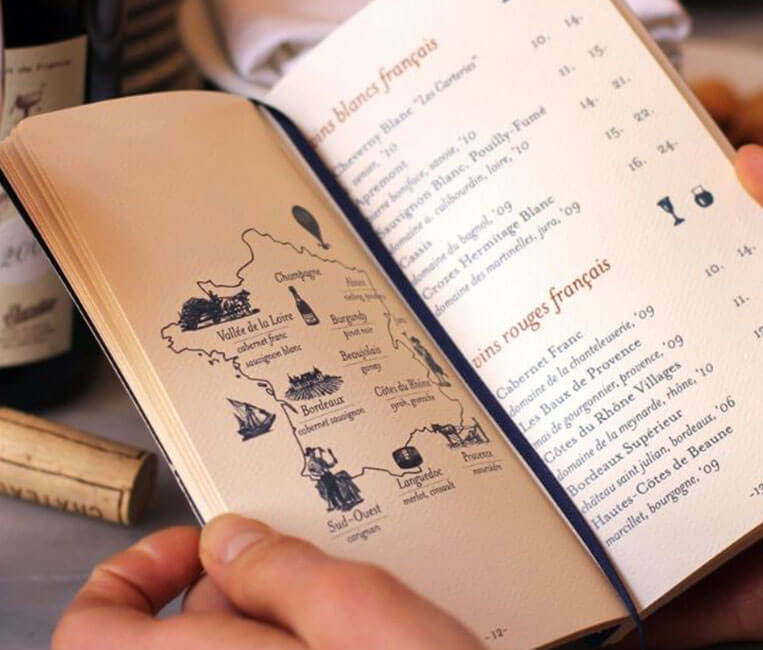Nature As Winemaker
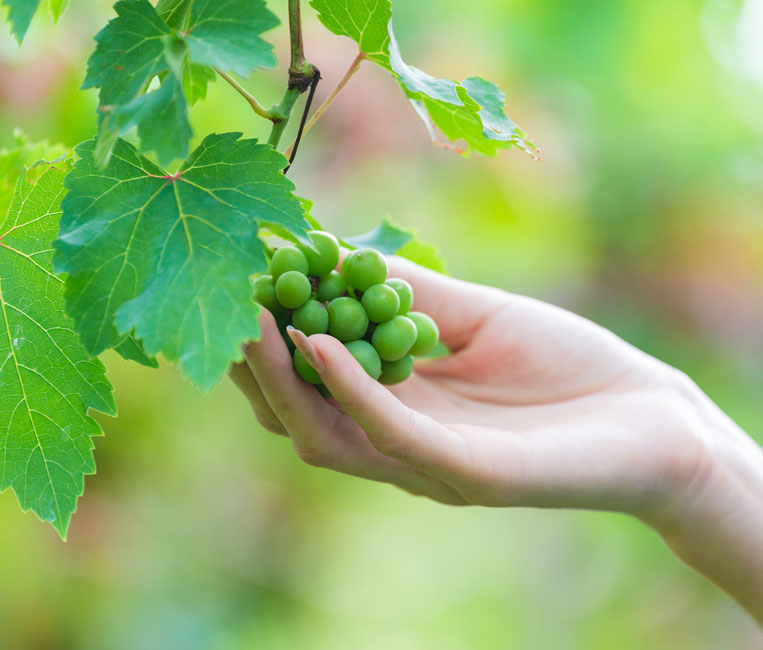
What is organic wine and how is it different from other wines?
Wine is a product of nature. Terroir as the French call it is a combination of climate, soil and human effort. Organic wine making is further step in the right direction of allowing terroir to influence the wine without any artificial intrusion. An organic wine, simply put is produced from grapes that have been cultivated without the use of pesticides or herbicides. As an alternative to these harmful chemicals, viticulturists find naturals ways to repel bugs and weeds from damaging their crop and one of the prime ways is by boosting their vineyard’s biodiversity.
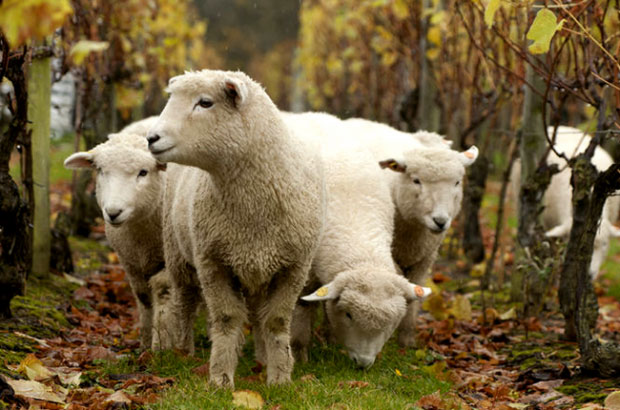
For instance, they introduce cover crops to provide a habitat for beneficial insects that are the natural enemy of problem species. Some estates have in fact smartly enlisted the services of cattle and local wildlife to get rid of pests just how nature would have intended. There are just so many delectable examples to pick from. In New Zealand and Southern England, viticulturists deploy sheep to graze between the vine rows while in Argentina, armadillos are rolled out to do the job and in Chile, domesticated geese and llamas are let free to forage at the base of the vines. The geese happily snack on their favourite beetles that in turn prefer grapes. Californians have stocked their faith in birds, banking on chickens to eat the weeds and pick off vine weevil infamous for gorging on vine roots and shoots.
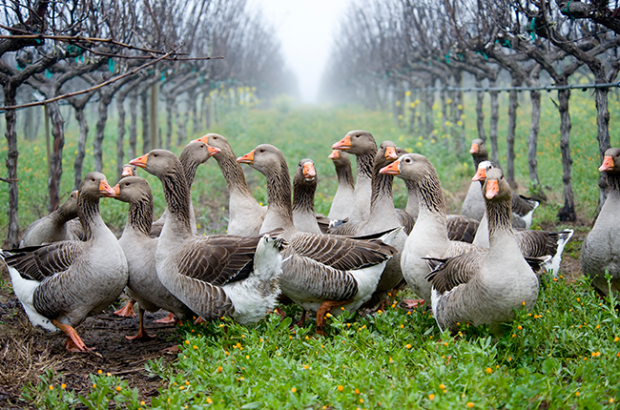
Some big Napa Valley Estates have trained hawks and falcons to stave off pesky birds with an appetite for high quality Chardonnay grapes. The French have literally lit the bat signal, harnessing a squadron of moth-eating bats to rid their vineyards of the nocturnal insect that causes grey rot in their precious fruit. But trust the Italians to conjure up a very elegant solution by installing beehives since the bees help to create a healthier ecosystem for vines, enhancing the fruit quality. This critical choice to lean on natural predators rather than artificial chemicals has a discernible positive impact on the wine’s eventual quality and flavour. Outlawing pesticides protects the grapes from dangerous carcinogens, harmful to both humans and nature and in the long term improves the quality of the soil and groundwater.
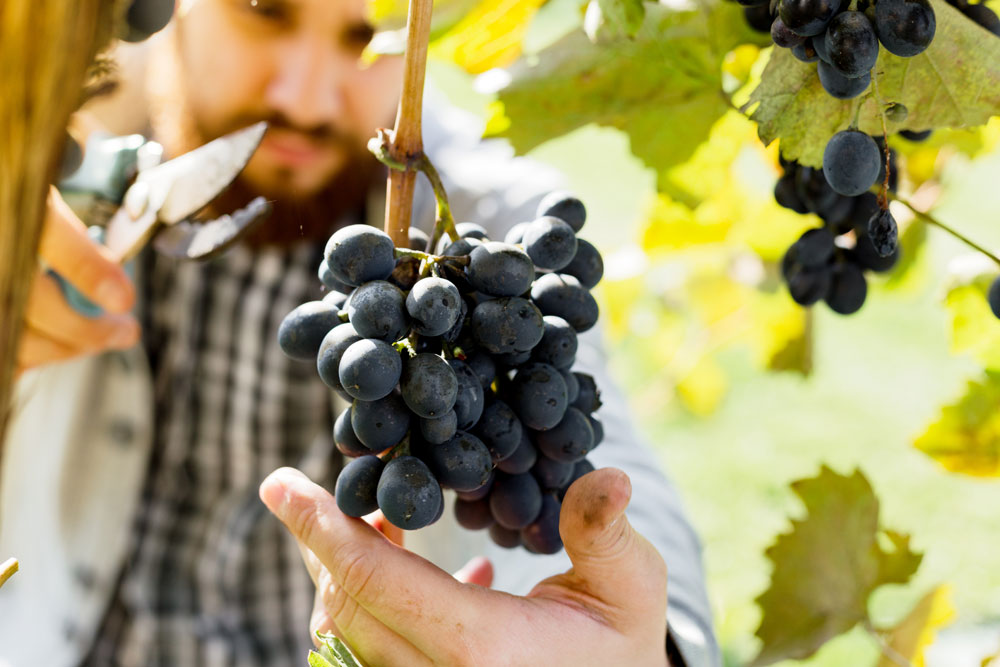
Going organic also involves changes in the winery, chief among them being a substantially reduced use of sulfite, a chemical preservative intended to prevent wine from spoiling. A typical wine will have a sulfite component of upto 350 parts per million while organic wines, significantly contain less than 100 ppm of sulfite.
Organic winemaking does inflict some pain, especially on winery owners as fruit yields tend to be considerably lower as some pest damage is inevitable and vineyard management gets to be more labour intensive. But, for those who have made the choice to go organic, the decision seems to have been worth it as practically none of them have ever returned to spraying up their vineyards with chemicals again. The organic approach has allowed the vineyard to become an independent natural ecosystem, gifted with the capacity to protect and nurture itself with minimal human intervention and zero chemical use. This natural transition leads to bottling of wine of high quality with great varietal integrity. The wine tastes pretty good too!



